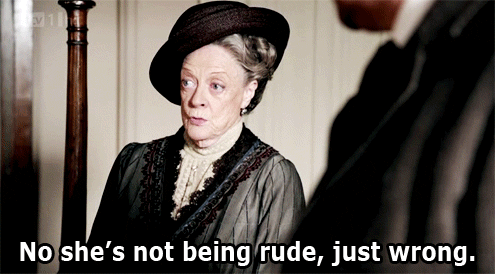The Art of Being Wrong
How good are you at being wrong?
Sometimes I wonder how much pain and suffering exists in the world simply because we don’t know how to be wrong. How much harm could have been avoided had we just been better at letting go and allowing ourselves to think again?
We don’t like to be wrong because society has taught us to feel like fools if we are. We are supposed to be smart and educated, to know where we stand on certain topics, and to be willing to fight for our opinions when they’re questioned. Although there are definitely times when you must fight for what you believe in, the status quo of “wrong equals weak” doesn’t help much when it comes to creating change. If anything, it holds us back in our opportunities to move forward.
So to embrace change, you must start by redefining your relationship with being wrong. Not only does it take courage to accept when you’re wrong, but adapting this open-minded mindset will invite you into a whole new world of possibilities.
You learn that it’s ok to be wrong because only when you’re wrong can you learn something new and do better. And as you leave room for failure, you also leave room for improvement, and that’s where the innovation sparks.
As I write this, I’m putting myself center stage.
I am someone who’s been wrong an embarrassing amount of times and I’ve preached my wrongness with passion. The kind of passion where one goes, “Listen, I’ve found the way (to live life, lose weight, save the world, etc), now you better pay close attention so you can become enlightened too!”
Why does someone preach a message with passion with the hopes that others will follow? Why does a teenager like myself try to convince all her friends that the diet she’s currently on is the answer to all the happiness and that they better trust what she says? Because she believes in it! And because she cares deeply and wants to share what she believes!
People who are wrong are not bad people. It’s not like they stay up late at night and scheme away at all the lies they can produce and introduce into the world. People who are wrong are not liars.
People who are wrong are also not ignorant or dumb. It’s not like they pick up some values off the streets and say, “Great, now I have something to believe in, mission complete!” No, people who are wrong are not lazy.
In fact, the most intelligent and well-educated people tend to be the ones who are “wrong” the most!
This has nothing to do with intellect, and everything to do with how much we’ve invested into believing something. If you spend years of your time and a lot of your valued dollars on a degree of any sort, you will hold onto what you’ve learned during those years with tight fists and pride. The greater the investment into any information, the harder it will be — psychologically — to let go of what you’ve learned.
Adam Grant has written a whole book on this. Think Again, The Power of Knowing What You Don’t Know is a true masterpiece and filled with insights and knowledge from big thinkers of our time. It truly speaks to the fact that we win from staying curious! Grant even goes as far as suggesting that you ought to fall in love with being wrong and remain excited to be proven that your idea was incorrect. Because it means you get to learn something new yet again!
Scientists are well aware of this feeling. Their entire job is built on questioning the status quo and learning something new. To find something that contradicts their original belief is exhilarating because it means a breakthrough of some sort, a gate into a new world of knowledge. We ought to treat information and perceptions the exact same way.
How can we fall in love with the idea that everything we think and know today might not be the best way to move forward? How can we stay curious in our exploration for new and better ideas? What if the world of tomorrow can’t just be different, but better?
You are allowed to change, which is also why it is absolutely OK to be wrong. In fact, you should strive to get really good at being wrong, as often as you can!
“It’s a rare person who wants to hear what he doesn’t want to hear”
— Attributed to Dick Cavett (as read in Think Again)
What we have to realize is that the Earth needs us to be wrong. Mother Gaia is holding out her forgiving hand and saying,
“Dear children, I see your efforts. I know you want to do great things! But sometimes life’s gotta teach you the right way and it can only do so if you let it. I forgive you for your wrongdoings and I ask you to please think again.”
We are not dumb, ignorant, or evil for being wrong, we’re simply people. People make mistakes. People learn new things that will challenge their current beliefs and worldview. People have experiences that make them grow.
So why don’t we let ourselves be fully human? Why don’t we give ourselves a break and say that it’s OK to think again? If we are to find our way out of this climate chaos, there needs to be a lot of bold rethinking. We need to accept that how we built our society up until this point isn’t quite working and that we need to get back to the drawing board.
We need to learn from our mistakes and find healthier, better, and more sustainable ways moving forward. This doesn’t mean that we have to sacrifice all the things we love and backtrack our evolution. On the contrary, we must redefine what we value and continue to evolve into even more sentimentally conscious beings. We have to come up with even cooler and smart things than we know today!
Change does not mean that you give up. Change means that you look at the current situation with critical eyes and give yourself permission to think again.
Like the renowned American architect, William McDonough famously said:
“The Stone Age did not end because humans ran out of stone. It ended because it was time for a rethink about how we live.”
So ask yourself today, how good are you at being wrong? How often do you give yourself permission to think again?





